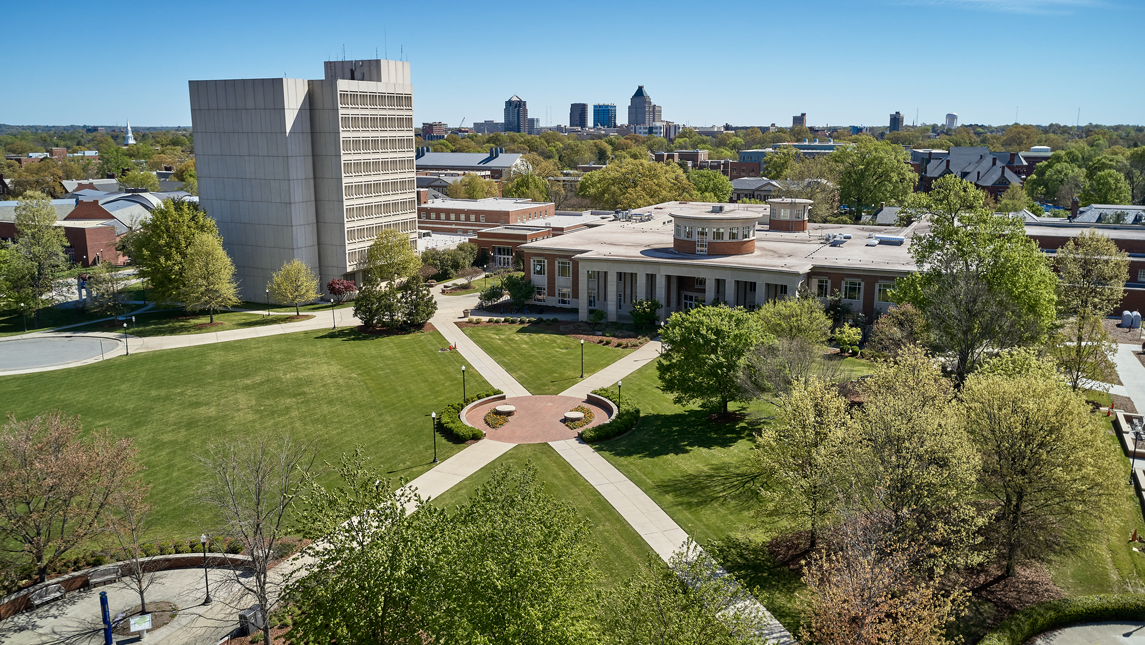UNC Greensboro and Cone Health today announced that they were selected for a three-year award as Interdisciplinary Research Leaders (IRL) under the Robert Wood Johnson Foundation (RWJF). The IRL program supports the vision of the foundation to build a Culture of Health, where all people have an opportunity to live their healthiest lives, and where systemic barriers to equity are removed. Two members of UNCG’s faculty along with a representative from Cone Health were selected for the 2020 Cohort of Fellows to work together on an applied research project based in a local community in Greensboro, North Carolina.
The principal investigators are Dr. Stephen J. Sills, professor of sociology and director of the Center for Housing and Community Studies; Dr. Sandra Echeverría, associate professor in the School of Health and Human Sciences’ Dept. of Public Health Education; and Cone Health Healthy Communities Director Kathy Colville.
Being selected for the three-year program is akin to winning an Oscar the group explained, as it is a high honor in the field for this type of research. The methodological rigor and community-based approach of the project were key factors in the selection process. As Echeverría explained, “I am thrilled to collaborate with my colleagues and community partners on this prestigious RWJF project. This collaboration serves as a model for new ways to conduct rigorous research while centering equity and justice.”
The goals of the research project are to: 1) develop and test a framework for addressing environmental justice (EJ) concerns in communities of color; 2) evaluate the effectiveness of a UNCG/Cone Health community-based environmental education program; and 3) build the case for remediation of a Greensboro park (Bingham Park) and streams under the NC Pre-Regulatory Landfill Program.
“As much as we are honored by receiving this fellowship, we are more excited about what it means for the people in the Bingham Park area,” says Colville. “This fellowship will help us better understand the impact on residents’ health today and, hopefully, inspire actions for a healthier tomorrow.”
The study builds on years of action-oriented research that Sills has committed to over the course of his career. “Partnerships like ours are rare and necessary for addressing environmental justice concerns. Restorative justice requires that the voice of the community is in the fore, supported by robust data and strong evidence.”



